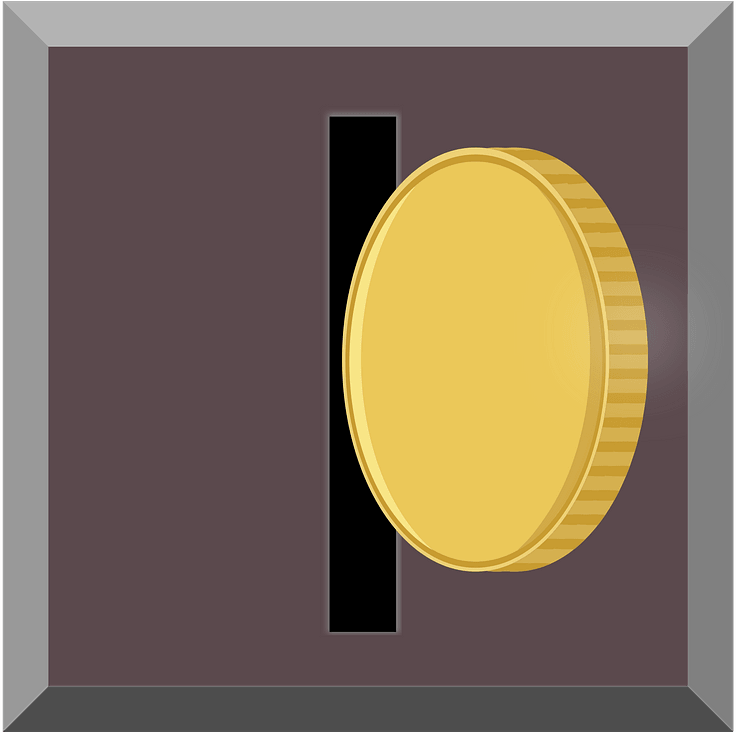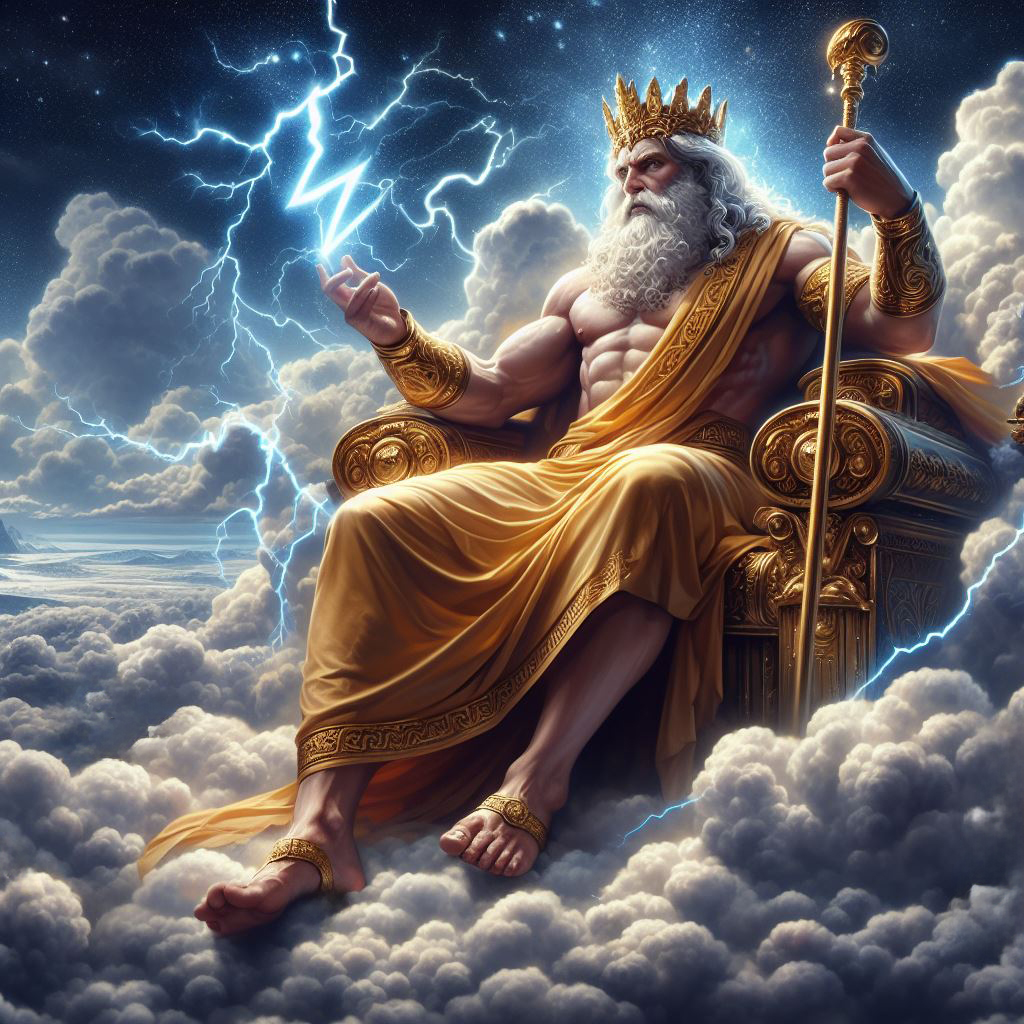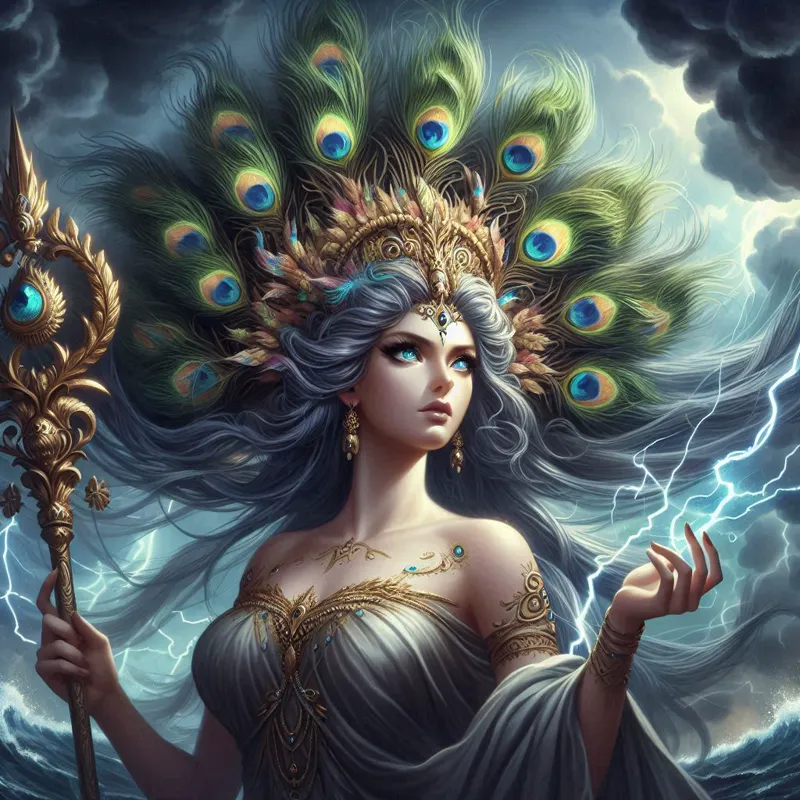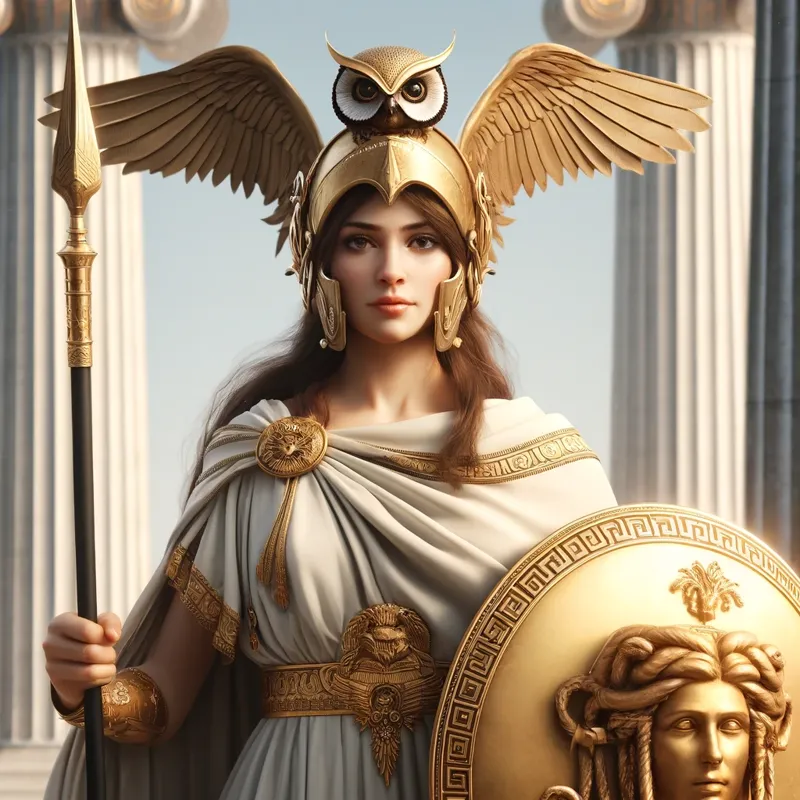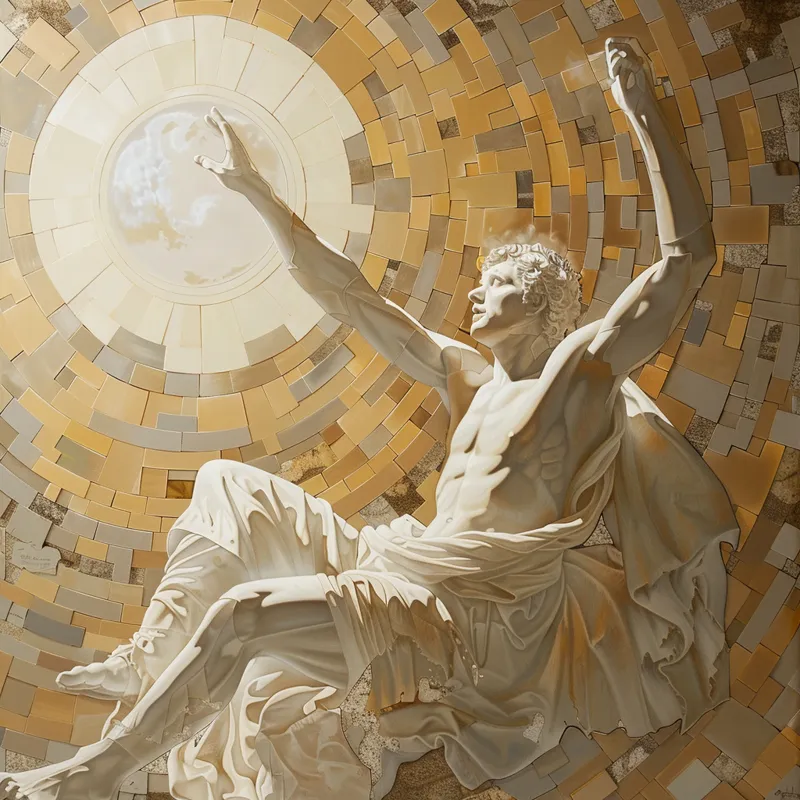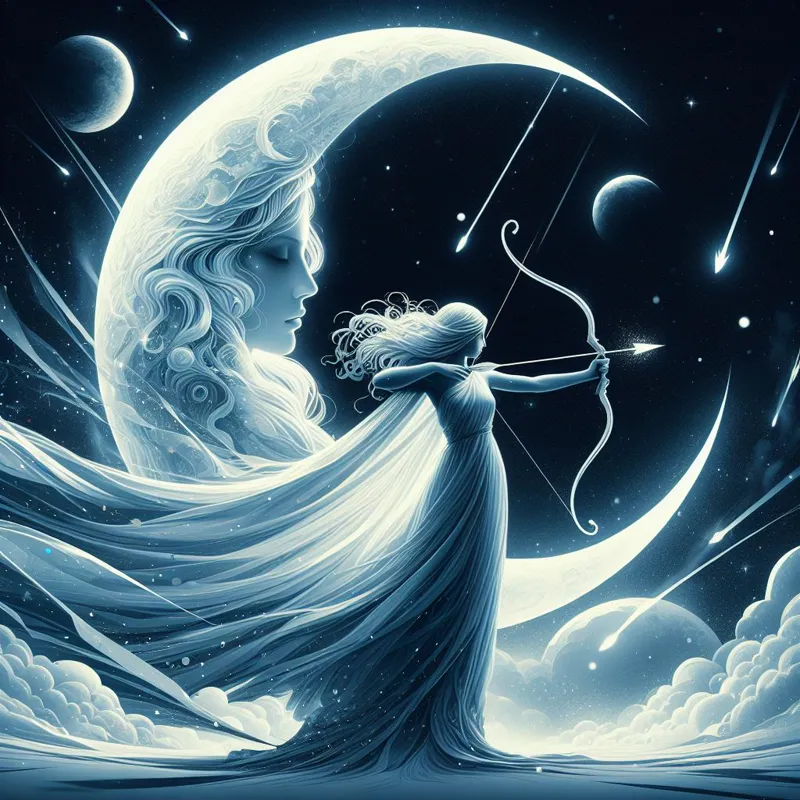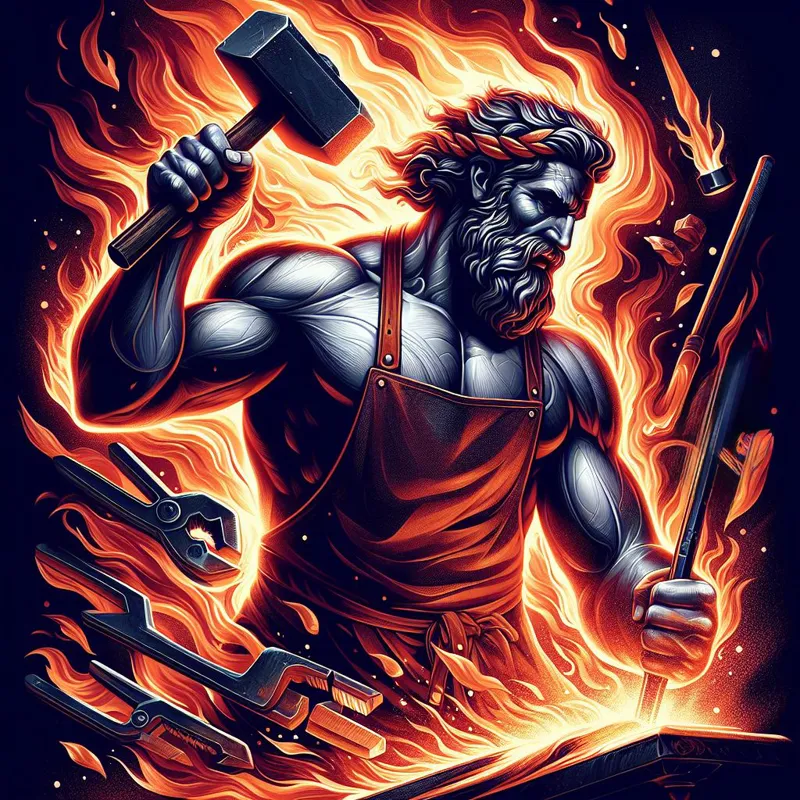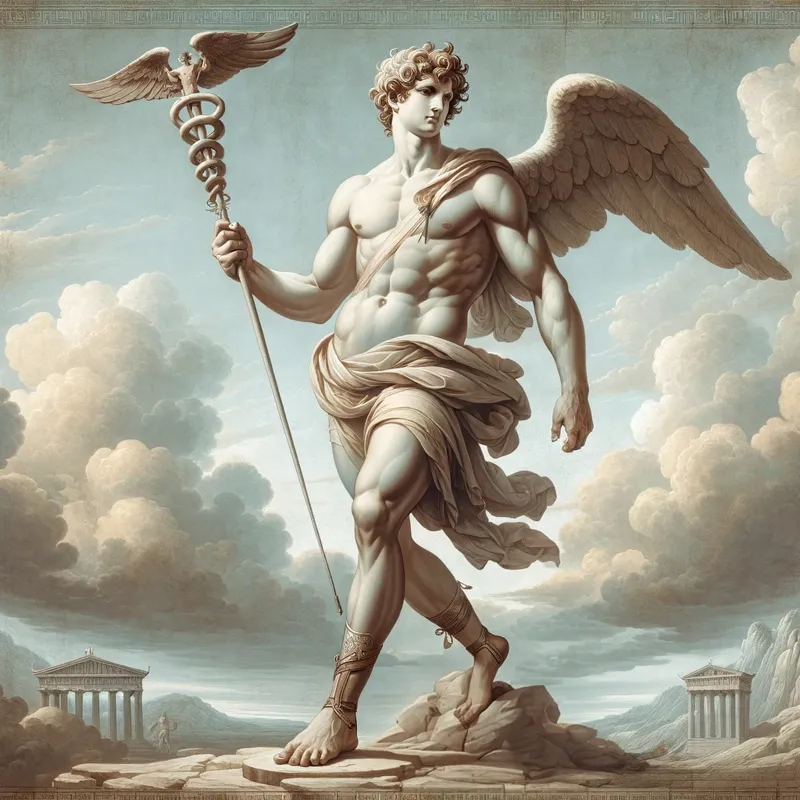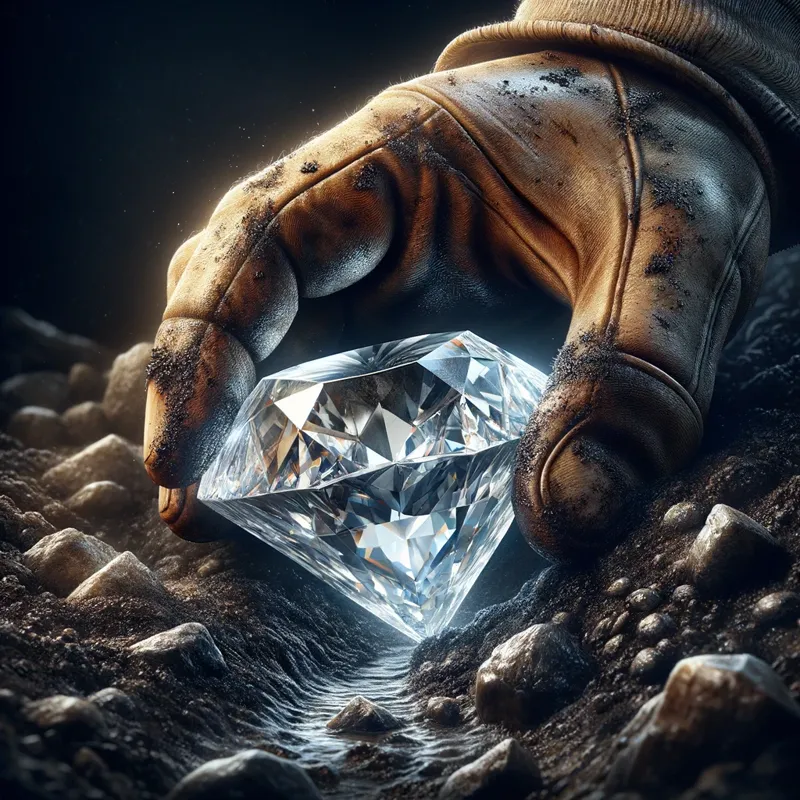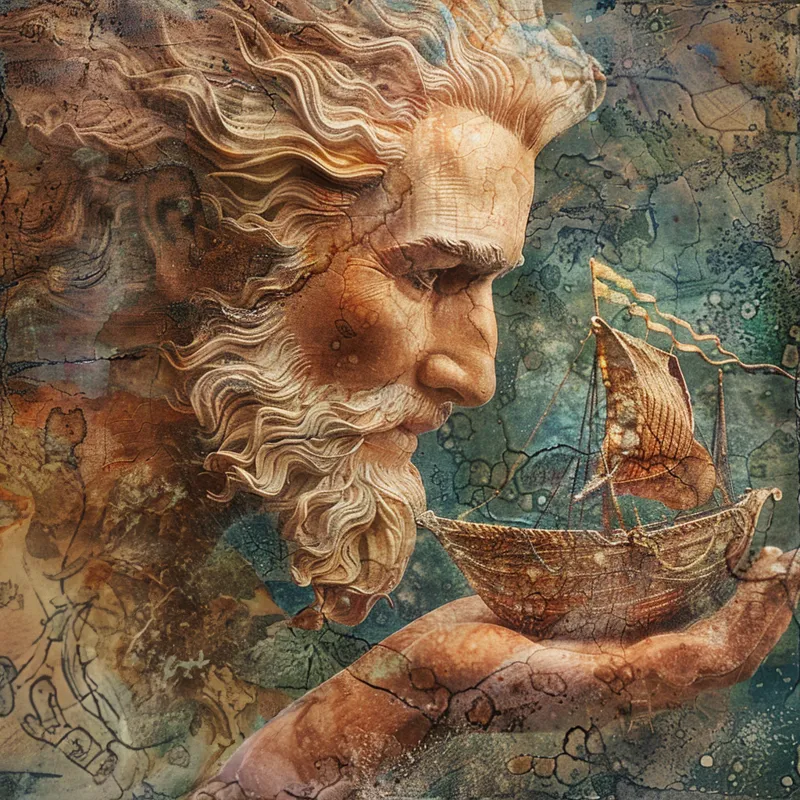
Tides of Fury
Poseidon, one of the preeminent figures in Greek mythology, is revered as the god of the sea, earthquakes, and horses. His dominion over these elements marks him as a powerful and temperamental deity, whose moods could shape the world of gods and men alike. As a brother of Zeus and Hades, Poseidon played a pivotal role in the pantheon of Olympus, often depicted with his trident which he used to raise storms, calm waters, and shake the earth.
Origins

Man is cruel
The origins of Poseidon can be traced back to the Titans, as he is the son of Cronus and Rhea. Like his siblings, he was swallowed by Cronus at birth but later saved by Zeus. This early turmoil set the stage for Poseidon's fierce and formidable nature. His rescue and subsequent rise among the Olympian gods are emblematic of his enduring will and power, establishing him as a deity not to be crossed lightly.
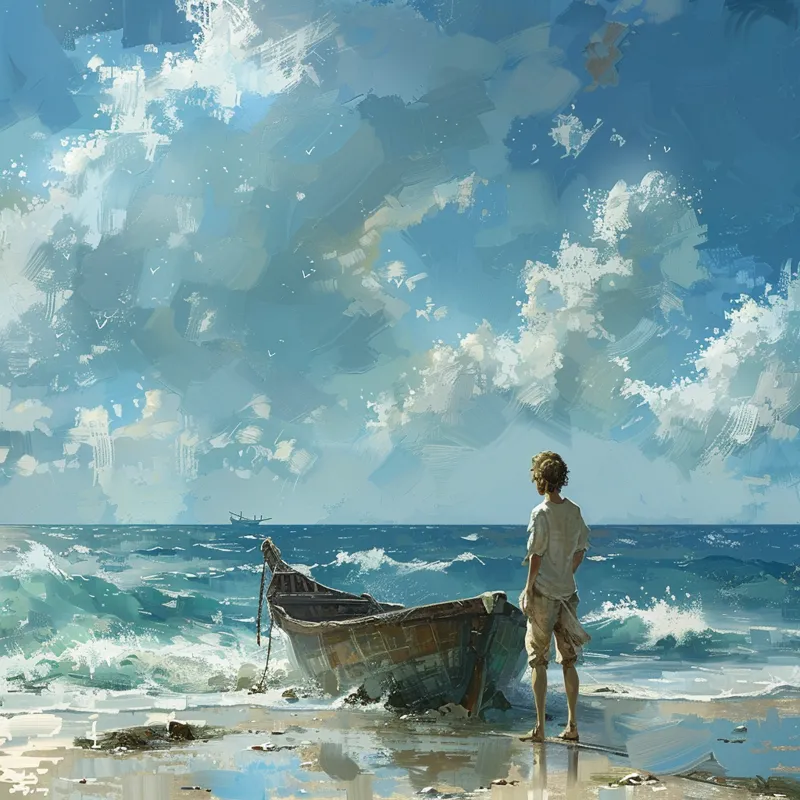
To live by my own laws
As part of the division of the universe among the three brothers, Poseidon received the sea as his realm. This allotment was not random but a reflection of his tempestuous and fluid nature, akin to the ever-changing seas. His control over the vast oceanic domains underscores his expansive influence, which stretches as far as the water flows.
Symbols and Attributes
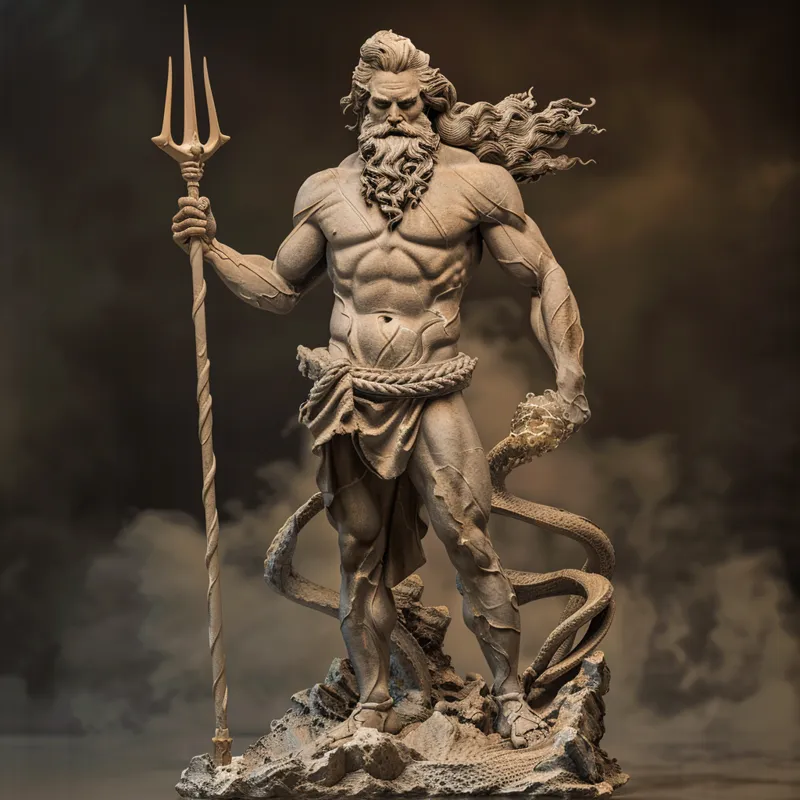
Toy Soldiers
Poseidon is commonly associated with the trident, a three-pronged spear that epitomizes his rule over the seas. This powerful weapon was not only a tool of war but also a means to stir and calm the waters, demonstrating his dual nature as a creator and destroyer. The trident stands as a symbol of his sovereignty and his ability to harness the sea's vast energies.
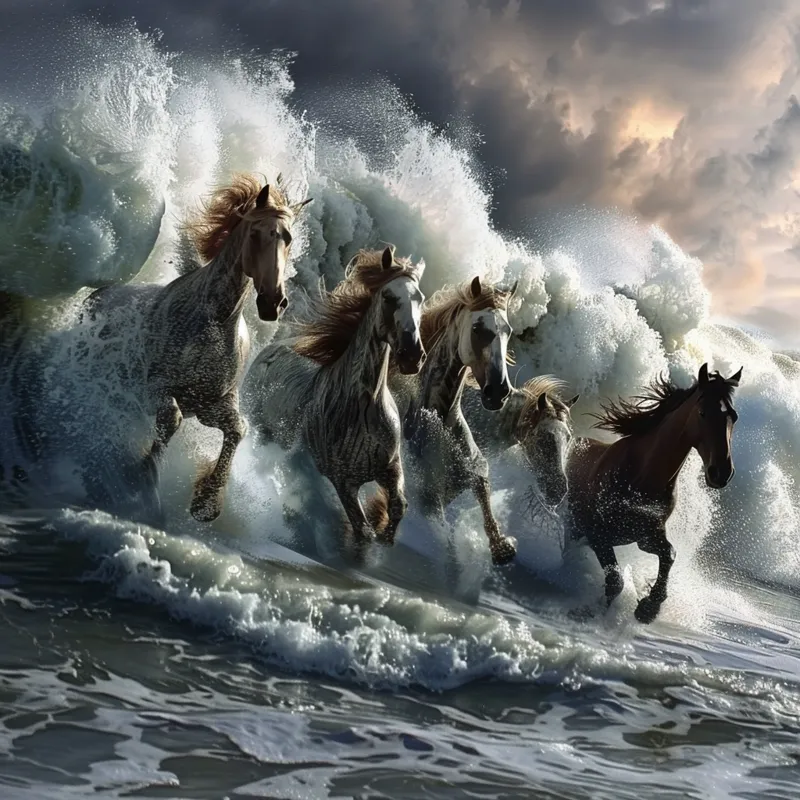
The laws of man and gods
Additionally, Poseidon is linked to dolphins and horses, creatures that represent speed, grace, and intelligence. The connection to horses is seen in his creation of the first horse, Pegasus, a mythical creature that further ties him to aspects of the sky and sea. These associations highlight Poseidon's multi-faceted identity as a god of more than just the water but also of creatures that embody the freedom and power of their respective realms.
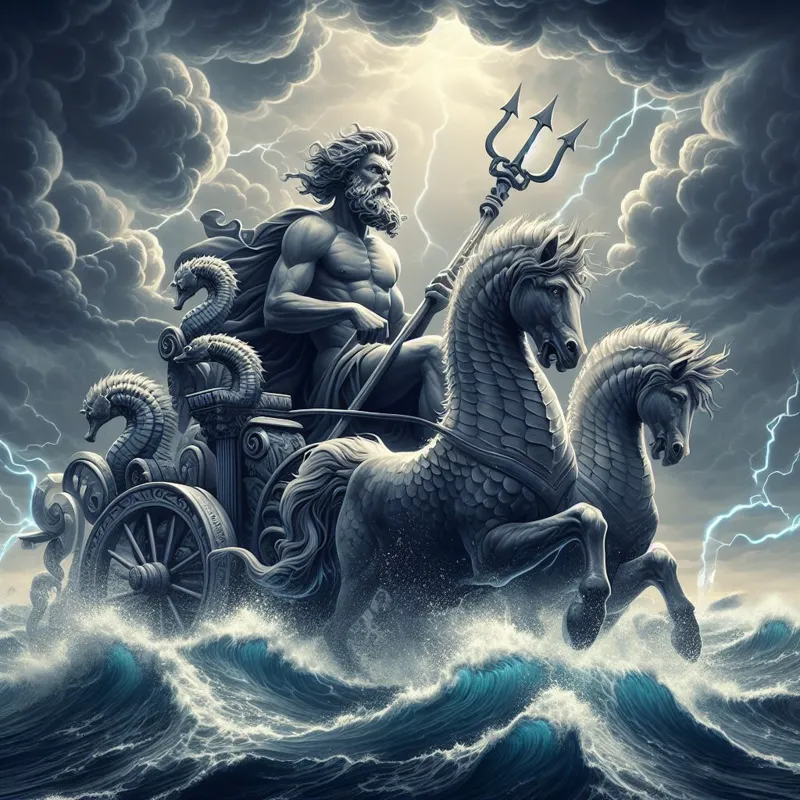
Part of this world
Worship and Cult
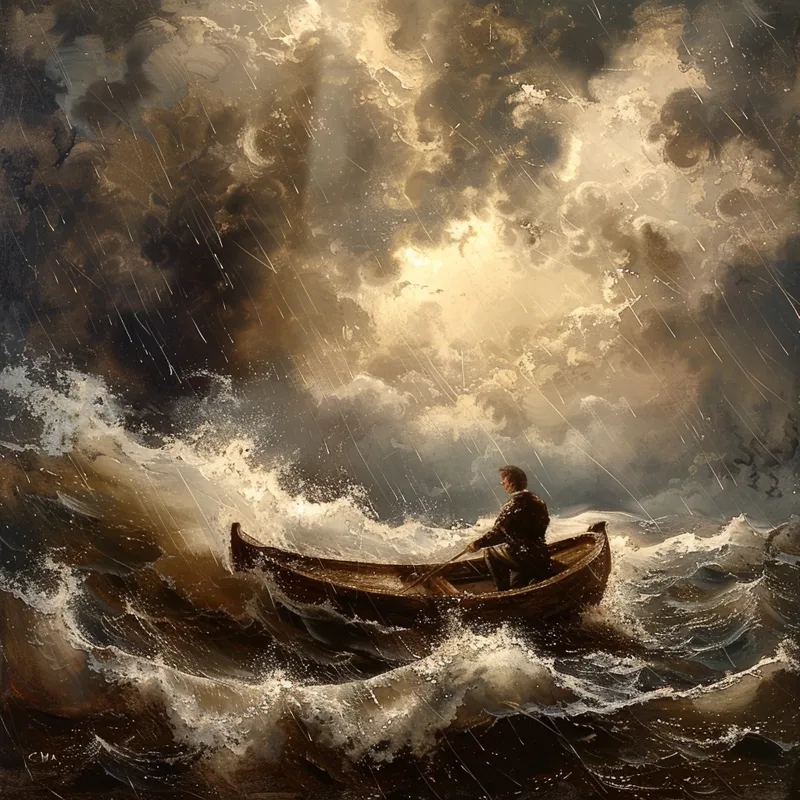
A flip of the coin
Poseidon's worship was widespread across the coastal and island regions of Greece, with numerous temples dedicated to honoring him. The city of Corinth, in particular, was a major center for his cult, where the Isthmian Games were held in his honor. These games, similar in prestige to the Olympic Games, featured contests in athletics and equestrian events, celebrating his connection to horses and athletic prowess.
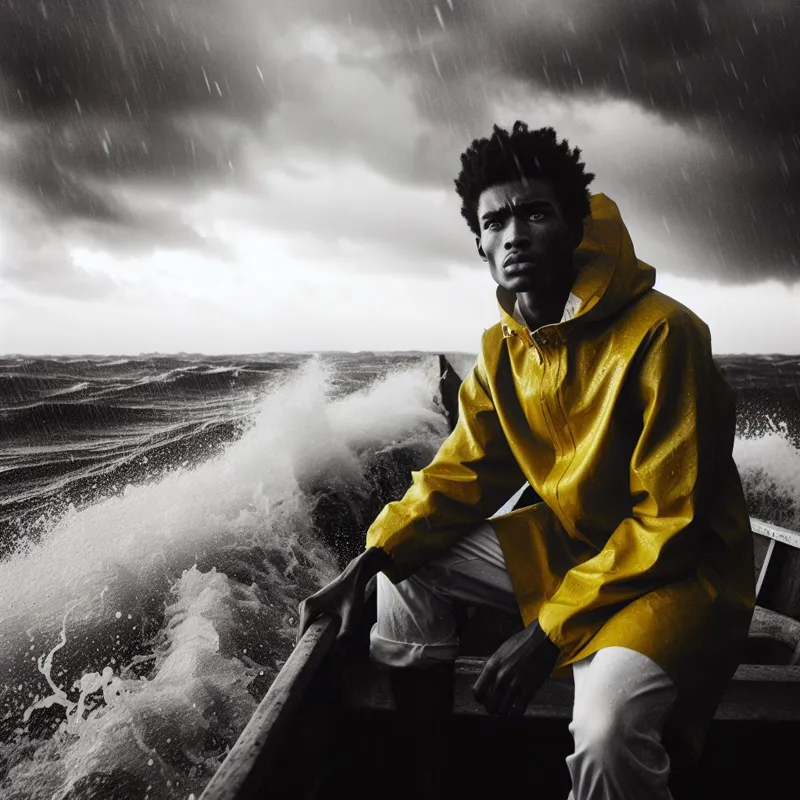
What is fate?
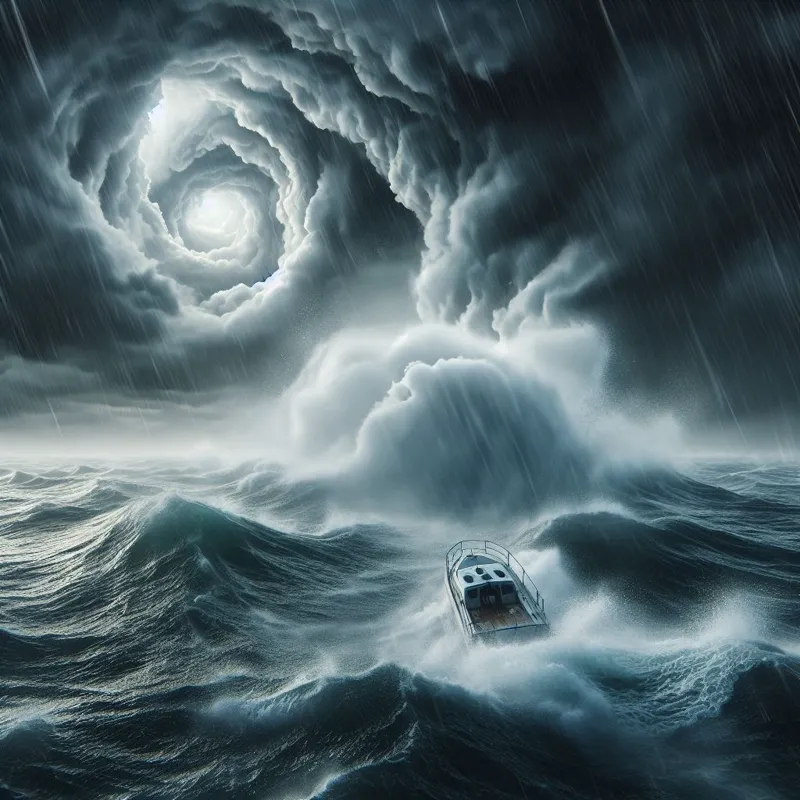
The eye
His sacred sites often included springs, rivers, and other water bodies, emphasizing his link to water as a life-giving and destructive force. Rituals and offerings were made to appease him, particularly by sailors seeking his favor for safe voyages and by those affected by earthquakes and storms. His influence was both feared and revered, making him an integral part of the lives of those who dwelt near the sea.
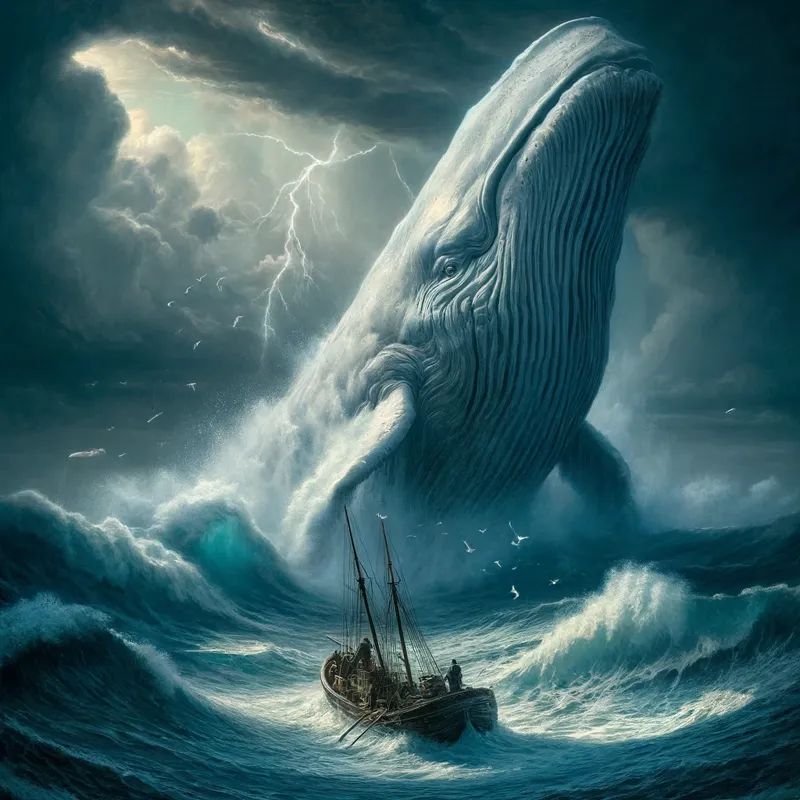
The vast, unknowable nature of the universe
Myths and Stories
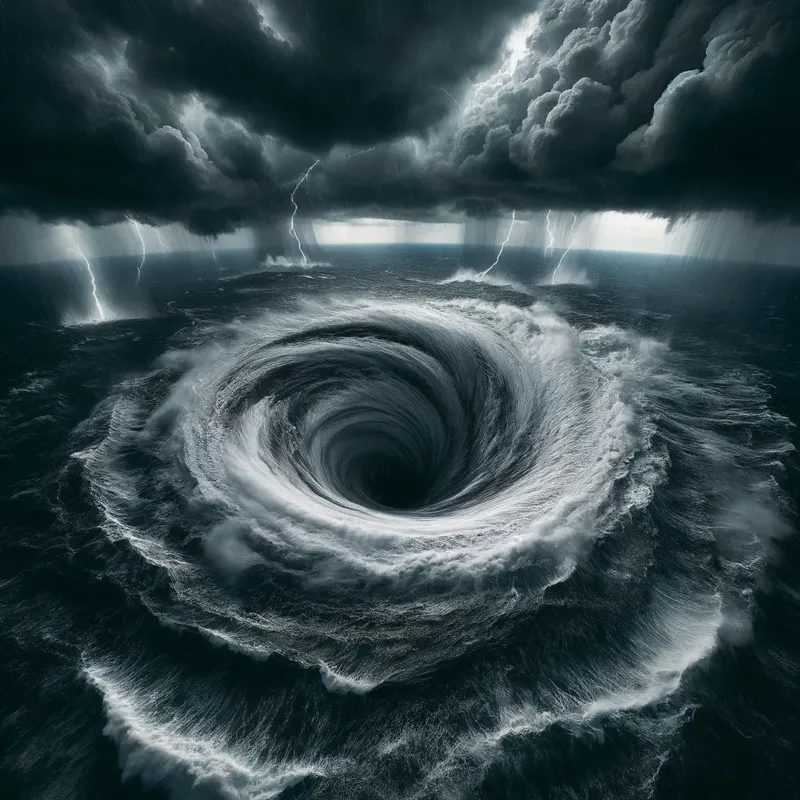
Downward spiral
Among the many myths surrounding Poseidon, his rivalry with Athena for the patronage of Athens stands out. They competed by offering gifts to the city, with Poseidon striking the Acropolis to create a spring, while Athena offered the olive tree, a symbol of peace and prosperity. Athena's gift was deemed more valuable, leading to her becoming the patroness of the city, a tale that underscores the competitive nature of the gods.
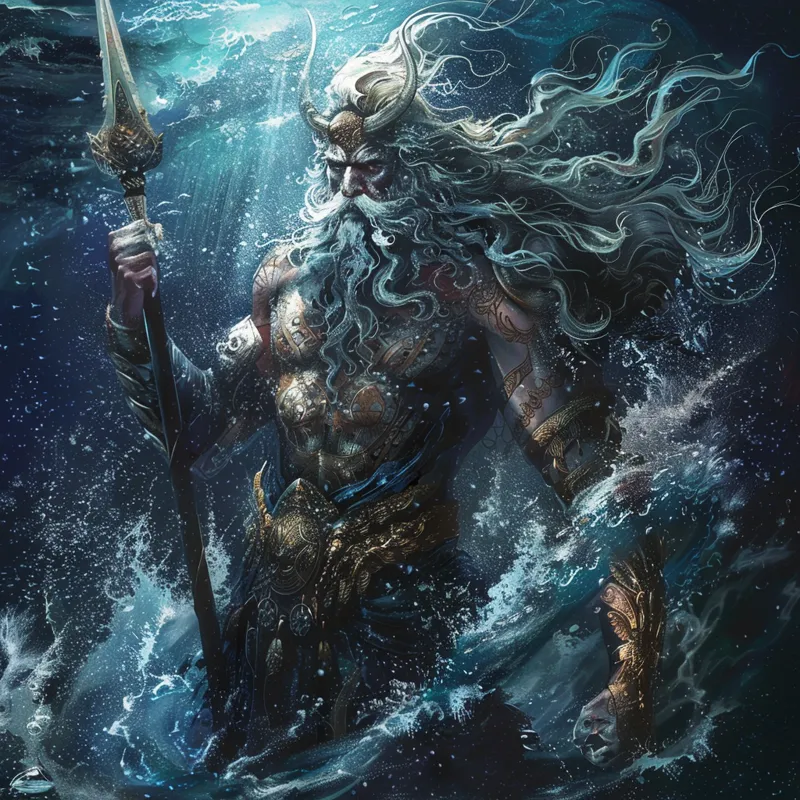
Where only gods tread
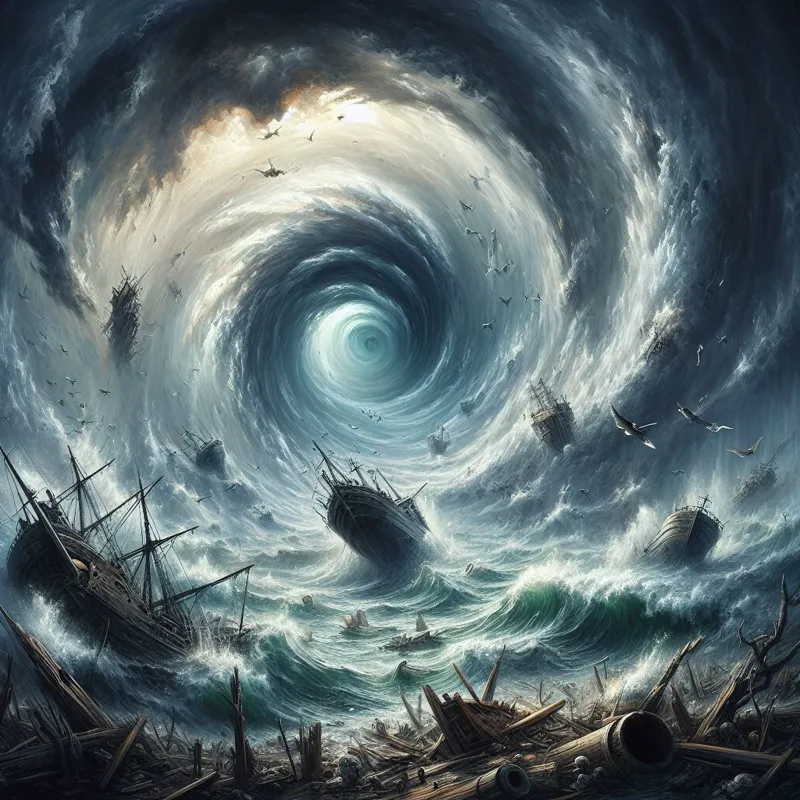
Outside of space and time
Poseidon also played a crucial role in the story of the Trojan War. He was deeply involved, often coming to the aid of the Greeks and using his powers to influence the battle's course. His participation in these legendary events shows his active interest in the affairs of mortals, shaping their fates according to his will and whims.
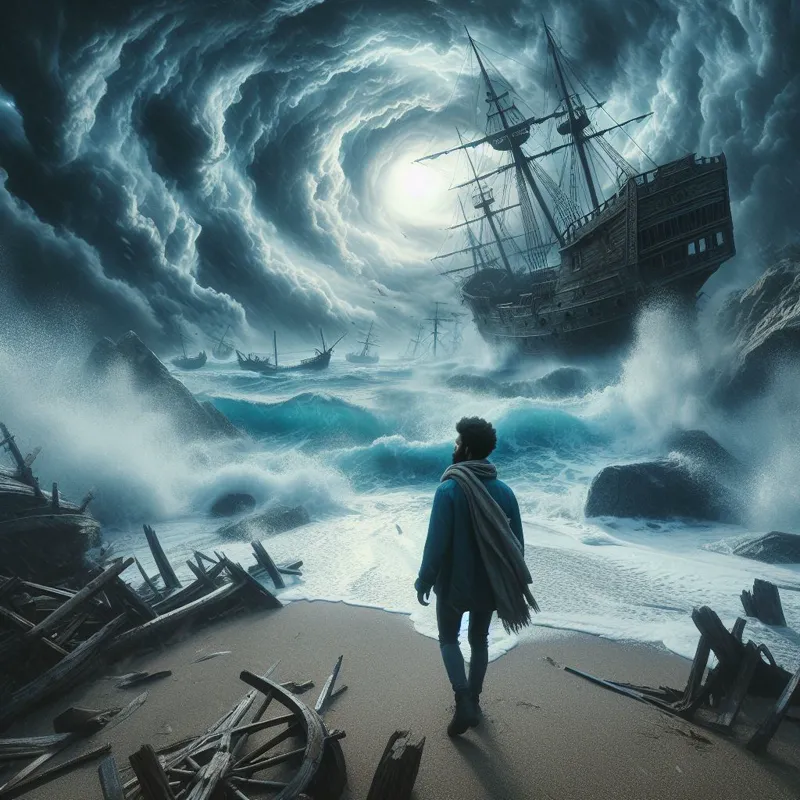
No way out
Poseidon's Family

Look within
Poseidon's romantic encounters and familial ties are as tumultuous as the seas he ruled. His wife, Amphitrite, a Nereid, initially fled from his advances, but Poseidon eventually won her over. Together, they had several children, including Triton, a merman who inherited his father's dominion over the sea. These relationships are reflective of Poseidon's passionate and persistent nature.
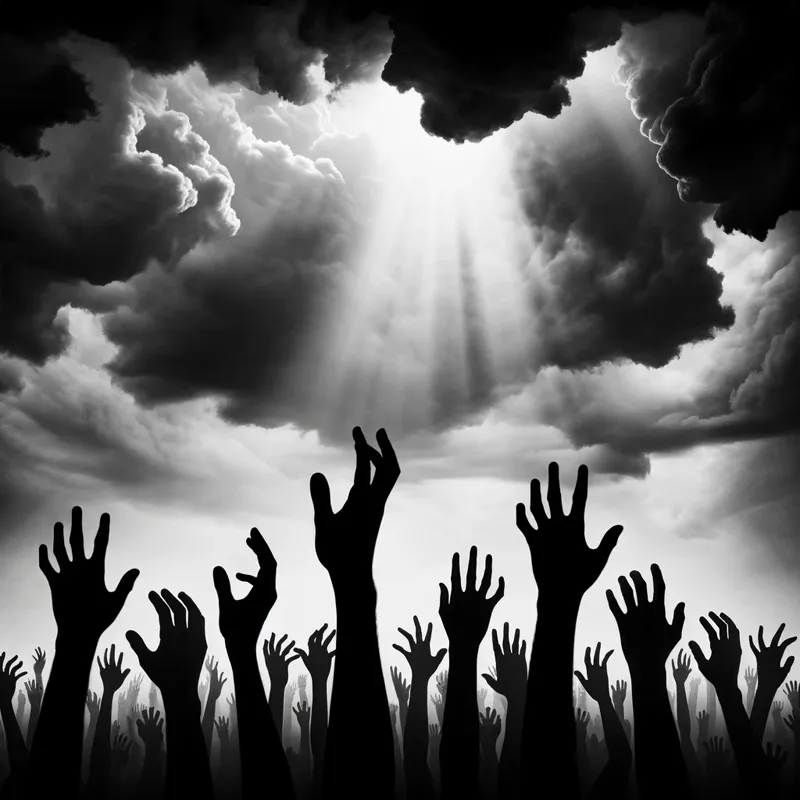
The will to survive
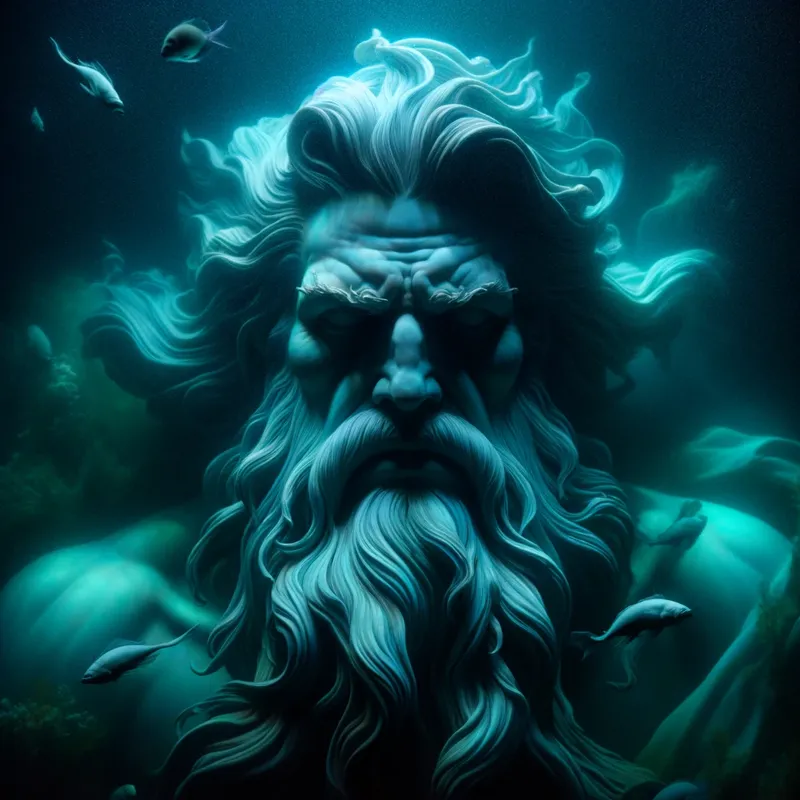
Life is but a dream
He also fathered numerous other offspring, both mortal and divine, through liaisons with various goddesses and mortals. These children often possessed characteristics of their father, such as strength, wildness, and a connection to horses or the sea. His expansive family tree intertwines with many other myths and legends, spreading his influence across various narratives within Greek mythology.
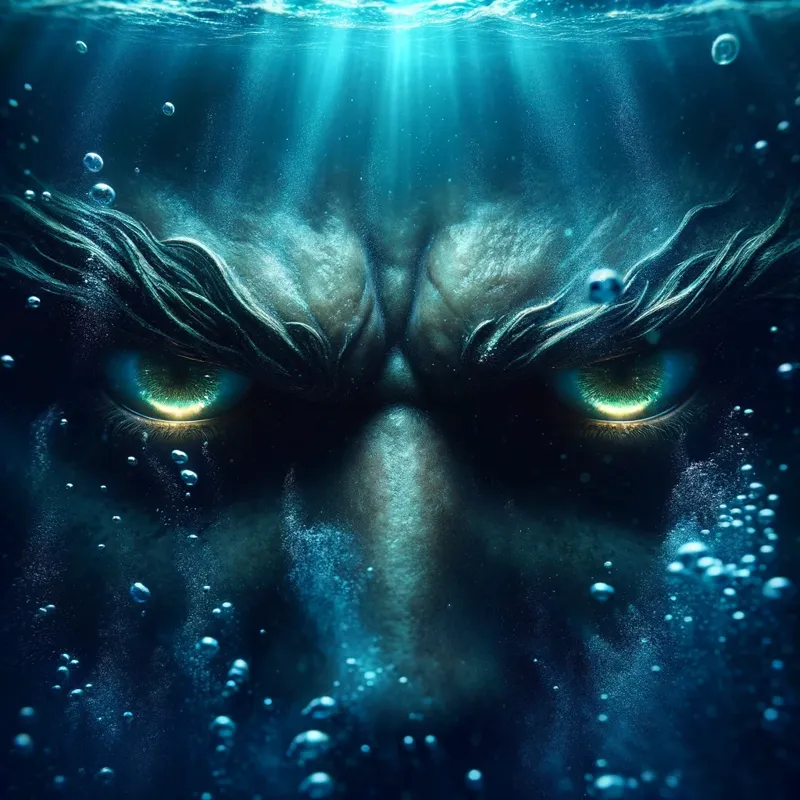
One from which it is possible to awaken
Influence on Maritime Laws and Customs
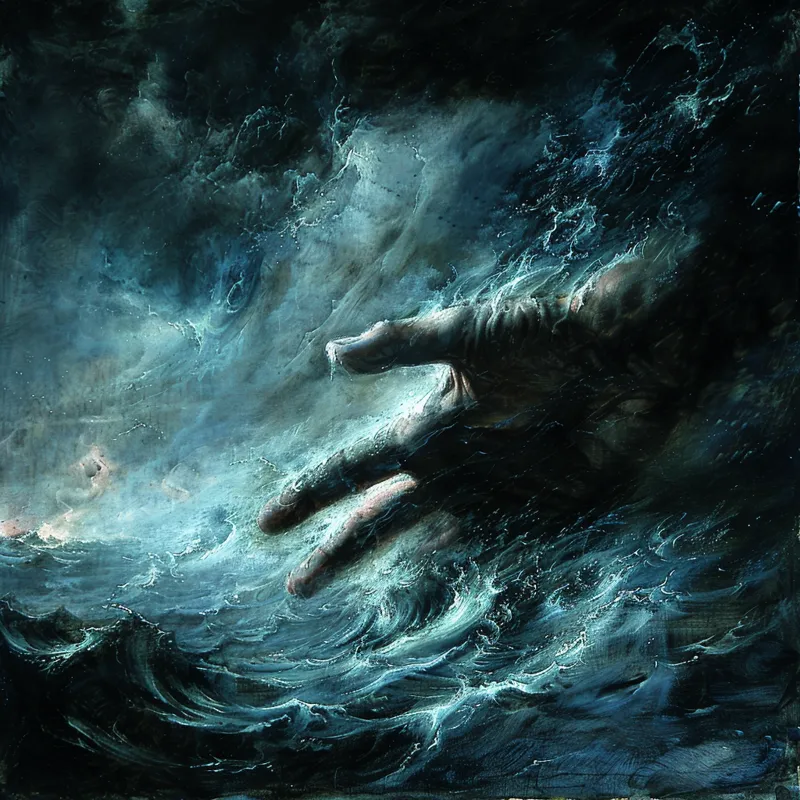
The hand of fate
Poseidon's dominion over the seas also influenced ancient maritime laws and customs, reflecting his status as the protector and challenger of sailors and fishermen. His mythological role as the arbiter of the seas was deeply interwoven with the development of laws that governed navigation and fishing, which were essential for the survival and prosperity of seafaring cultures. These laws often carried religious overtones, with oaths and ceremonies invoking Poseidon's name to ensure safe passage and bountiful catches.
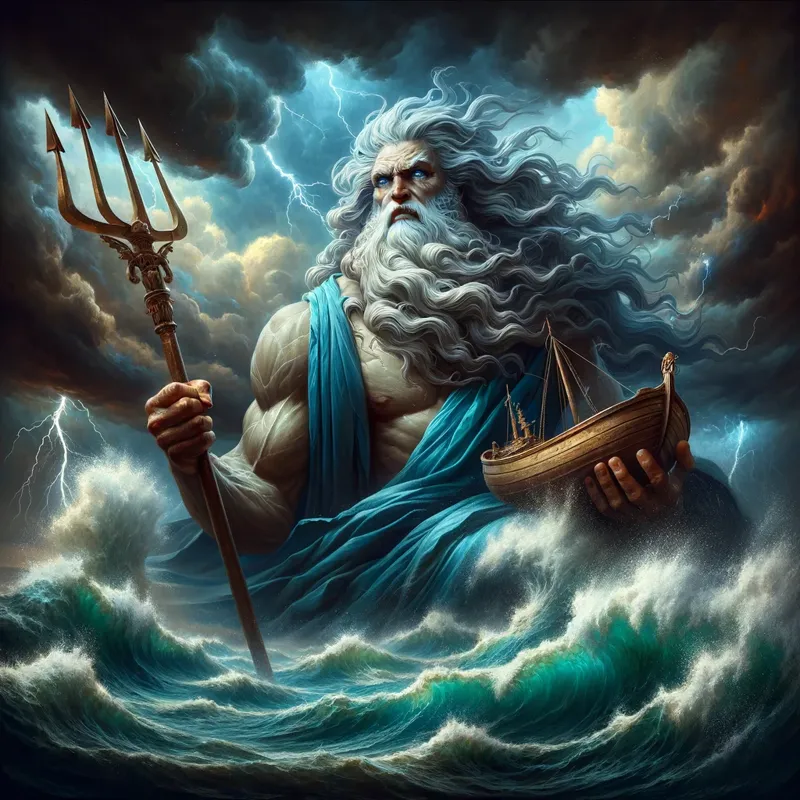
Only the gods know
Moreover, Poseidon was seen as a mediator in disputes related to the sea, and his favor was sought in judicial matters where the ocean was a contentious element. This aspect of Poseidon as a lawgiver and a peacekeeper among seafarers shows how deeply the mythological and the practical were linked in ancient Greek society. It highlights how the gods, particularly Poseidon, were not just figures of worship but also central to the everyday lives and governance of the people who looked to them for guidance and protection.
Poseidon and Earthquakes
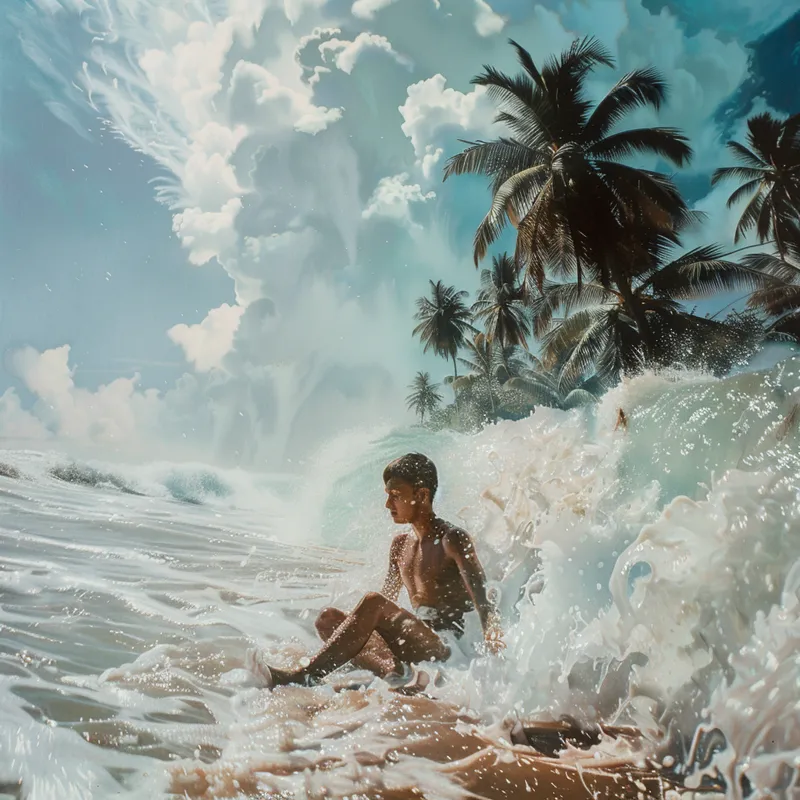
A dream within a dream?
Poseidon's epithet 'Earth-shaker' reveals his formidable control over earthquakes, an aspect of his power that instilled awe and fear among the ancients. He wielded this ability to shake the very foundations of the earth, often using it to express his displeasure or to assert his presence among gods and mortals. This connection to earthquakes symbolizes his volatile temper and the unpredictable danger that comes with crossing him.
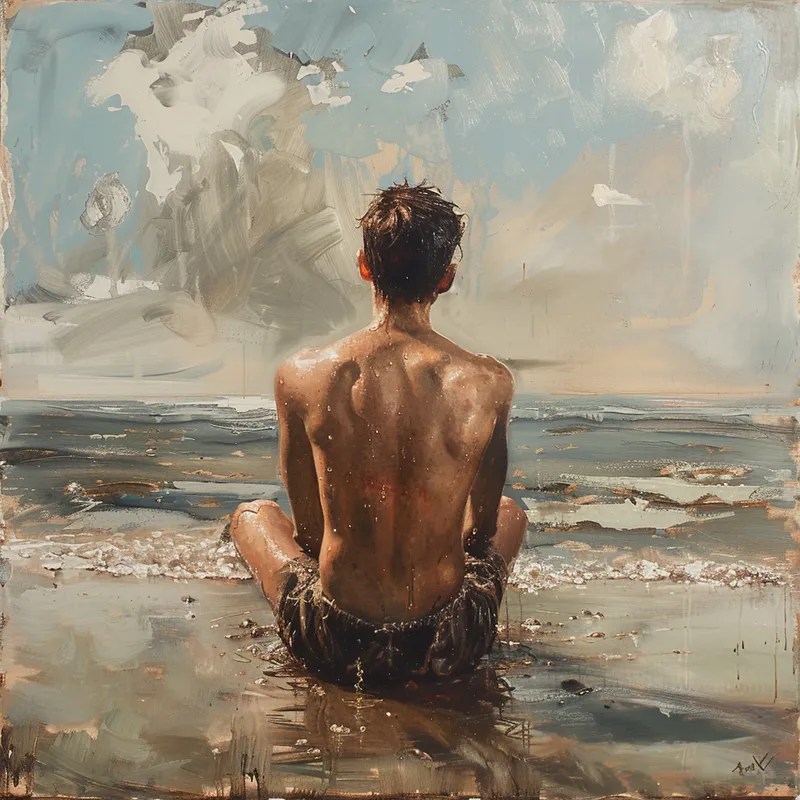
A new story begins
In mythology, Poseidon's influence over earthquakes is seen in several stories where he uses this power to punish or manipulate the world of men. For example, when he was insulted or ignored, he could cause earthquakes as a form of divine retribution. This aspect of his power was particularly significant in regions prone to seismic activity, where the ancients might have interpreted natural disasters as manifestations of his wrath. His ability to cause and calm earthquakes also emphasized the belief that appeasing him could bring stability and protection from the unpredictable forces of nature.
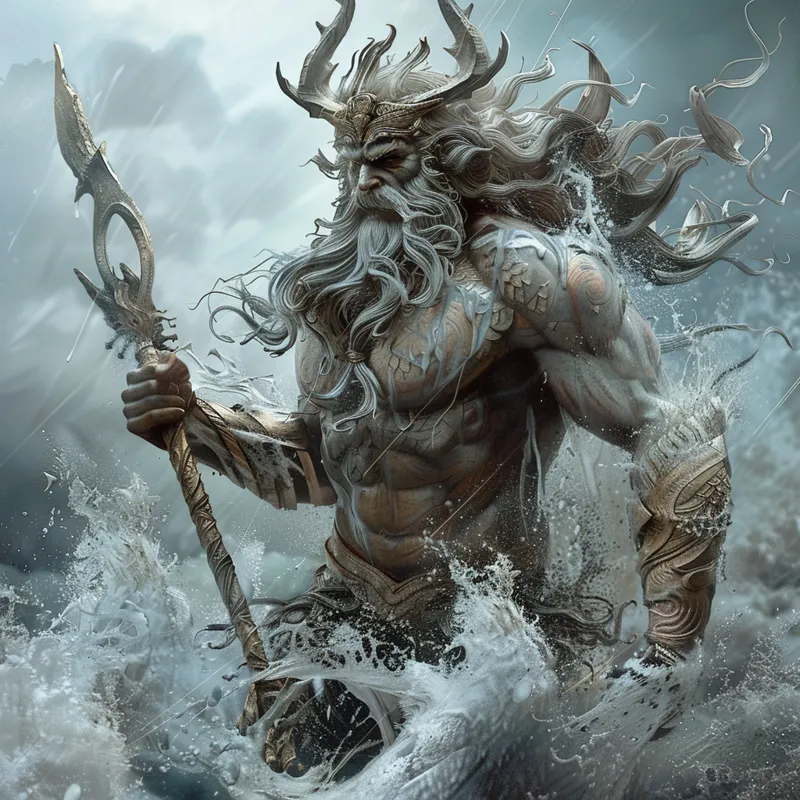
Man is cruel... but the sea is crueler
Poseidon's legacy as a god of the sea, earthquakes, and horses is a testament to his significant role in Greek mythology. His ability to influence both the natural world and the affairs of gods and mortals alike makes him a figure of immense power and respect. As we explore his myths and cultural representations, we gain insights into the ancient world's values and the enduring appeal of its myths. Poseidon's story is not just about power over the sea, but also about the profound impact of nature on human life and culture.

